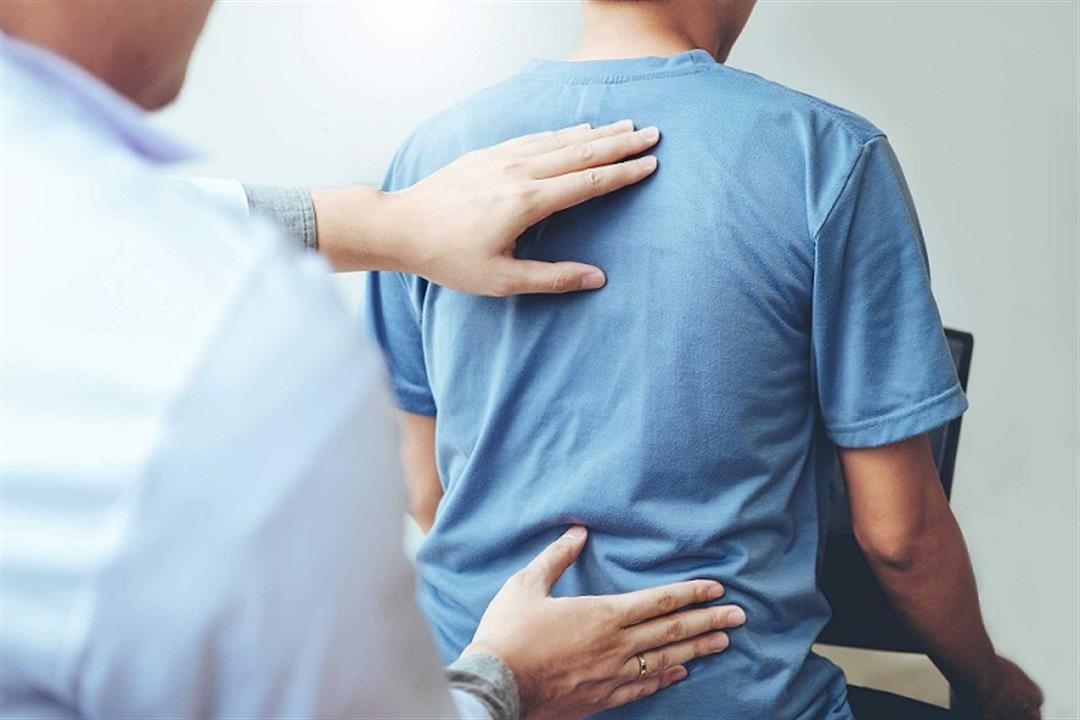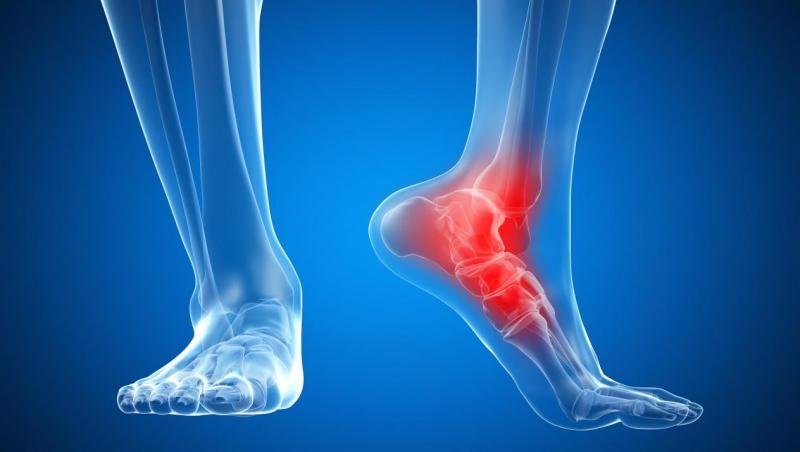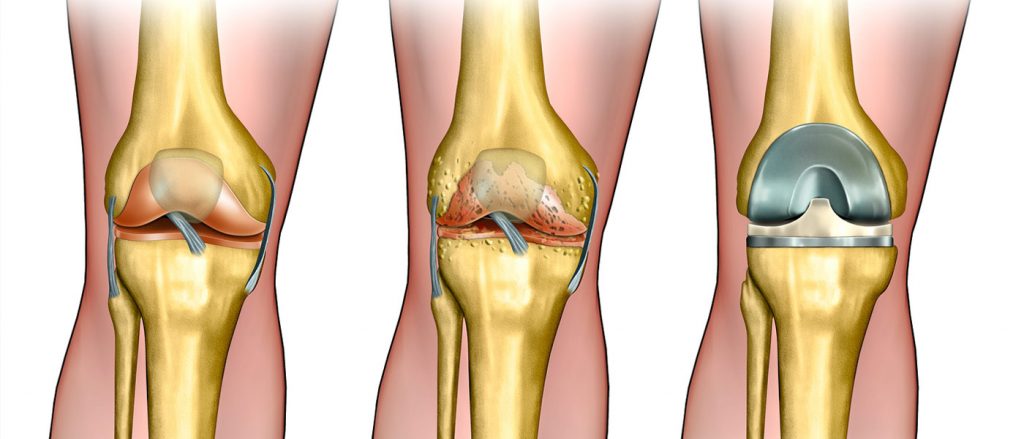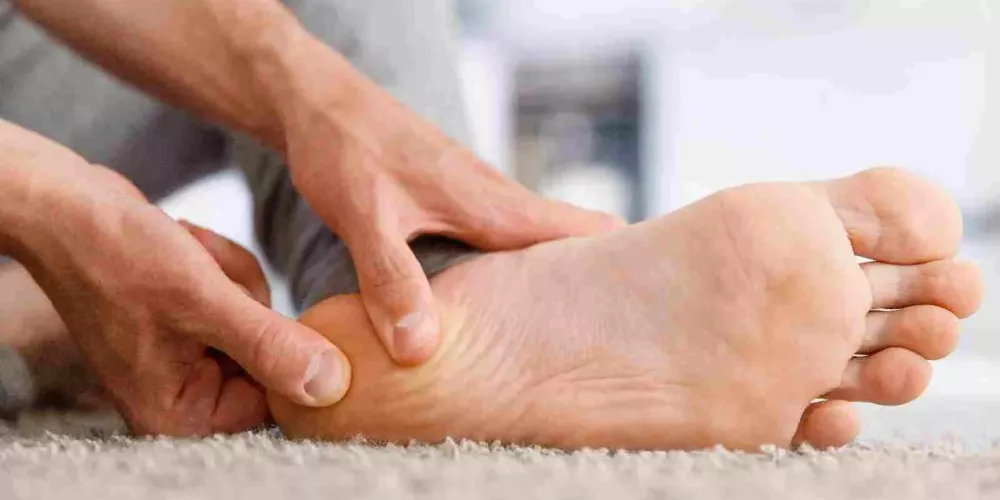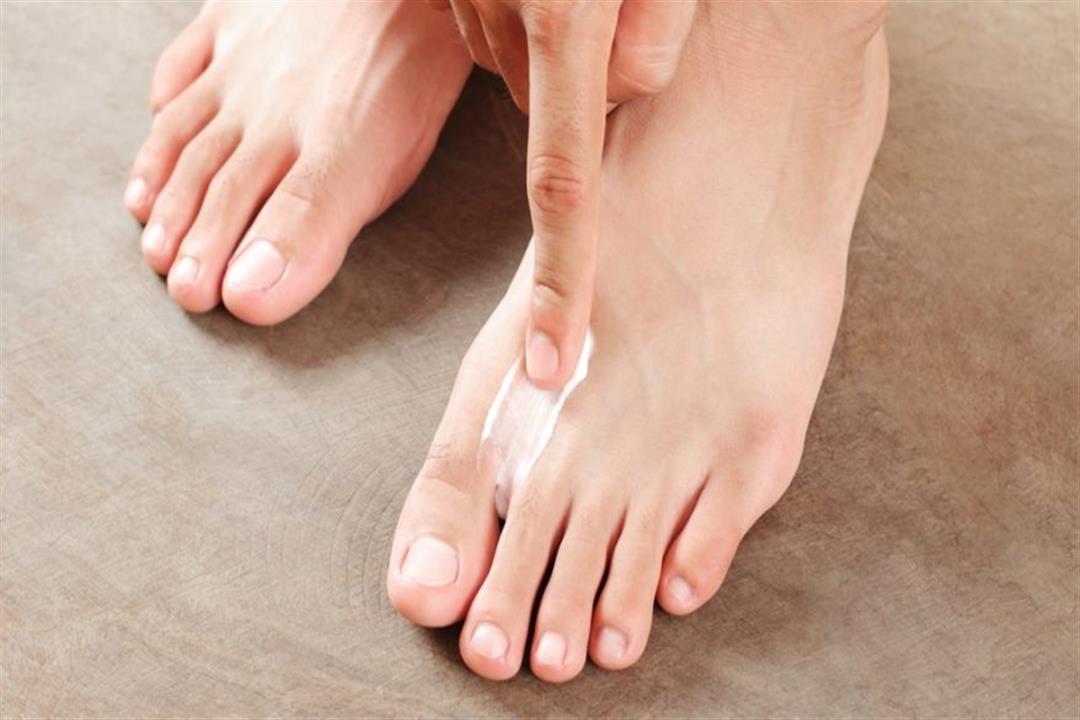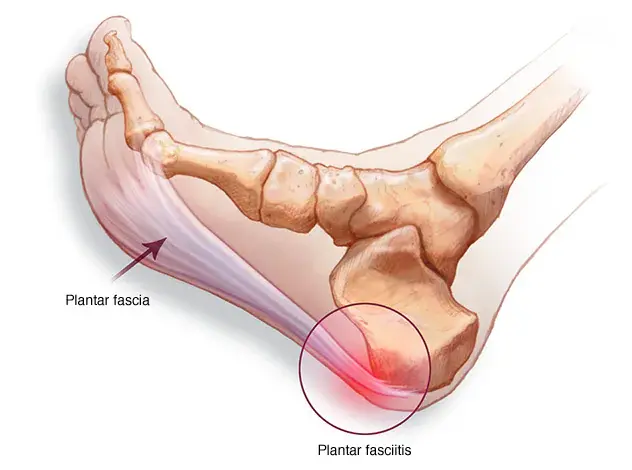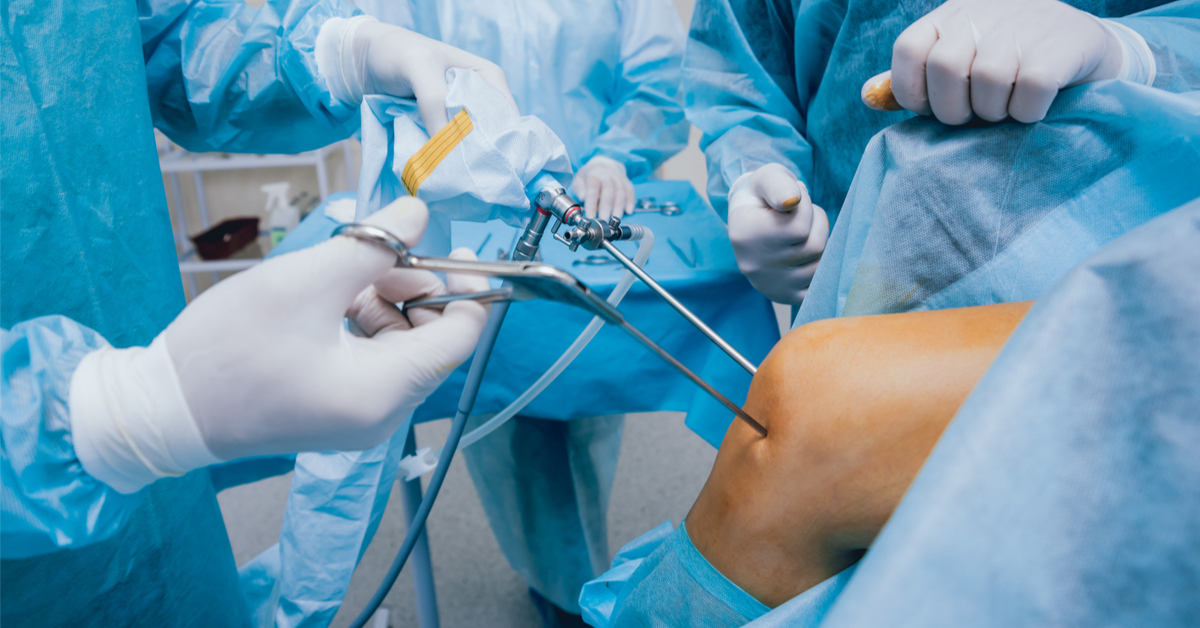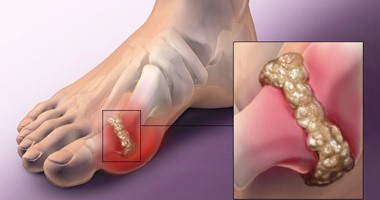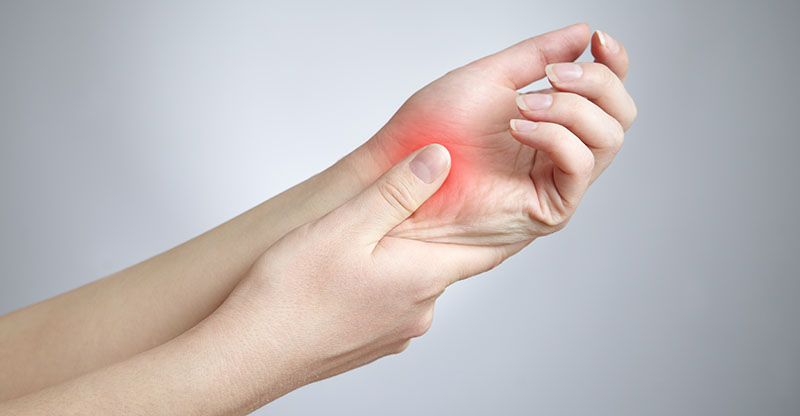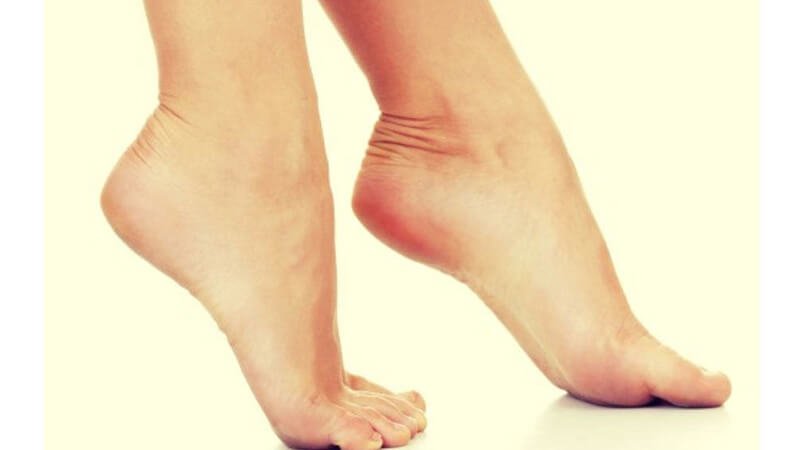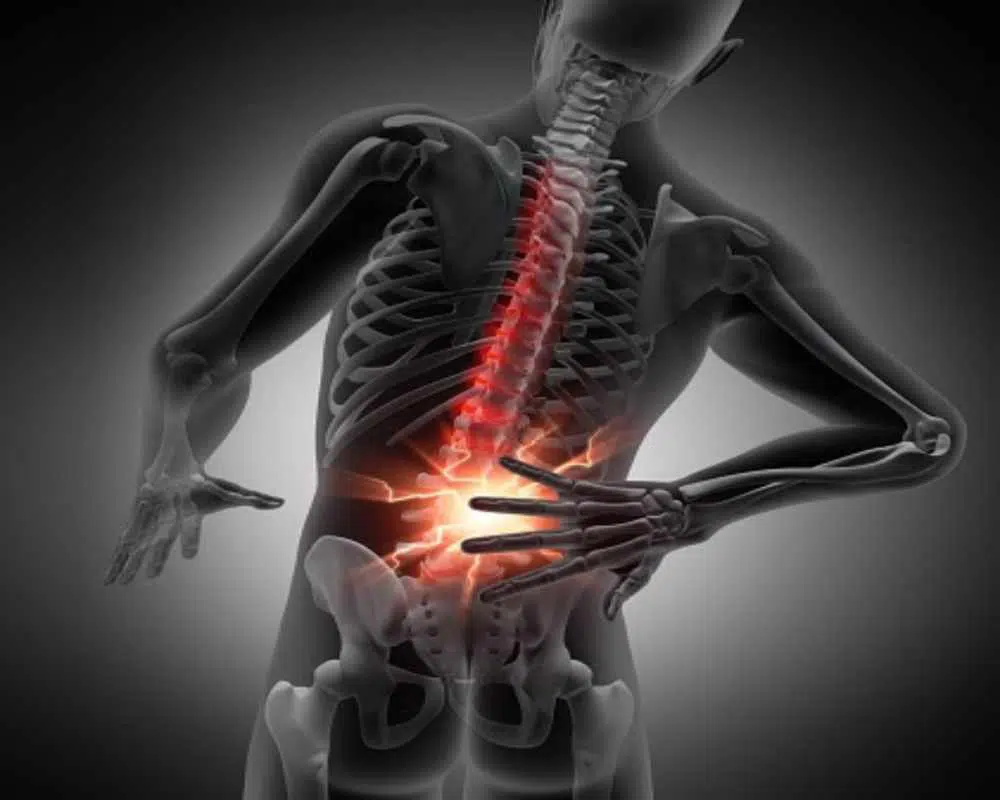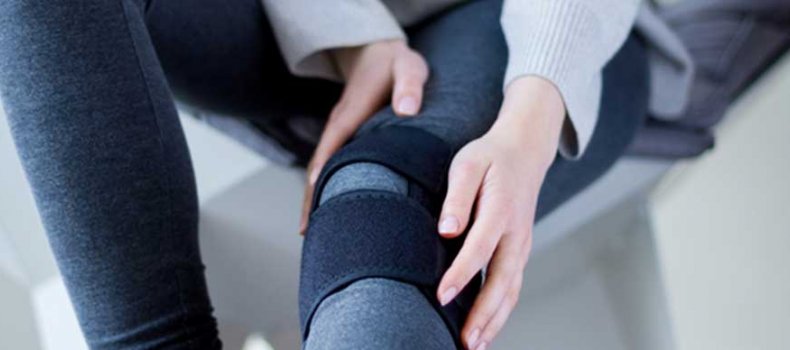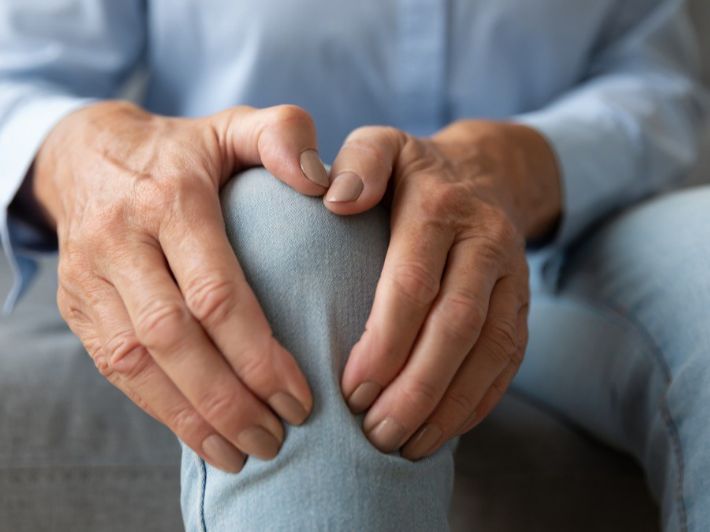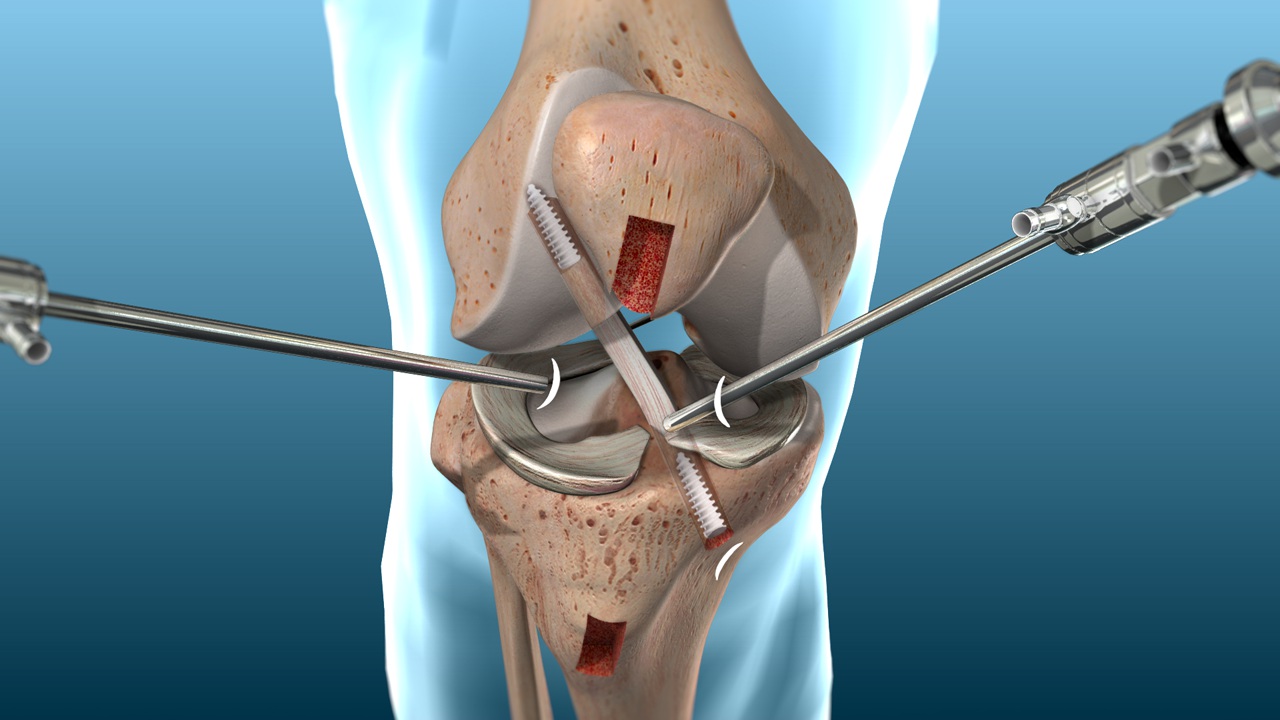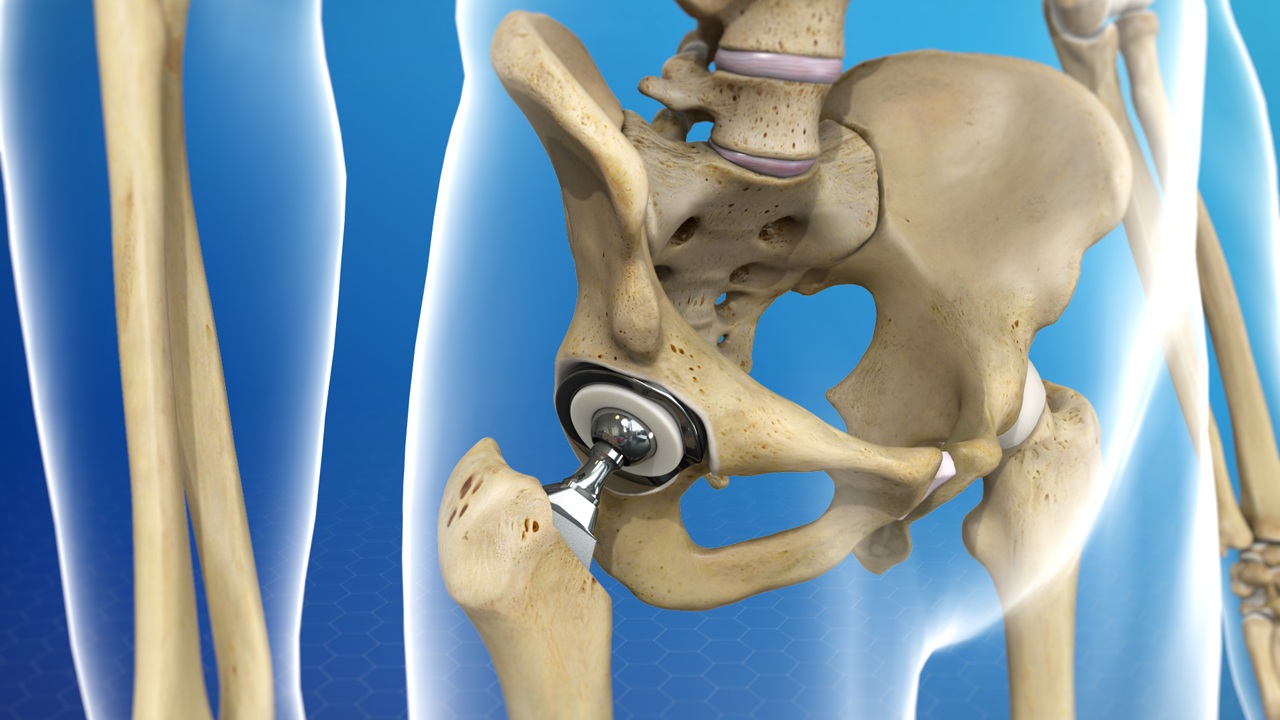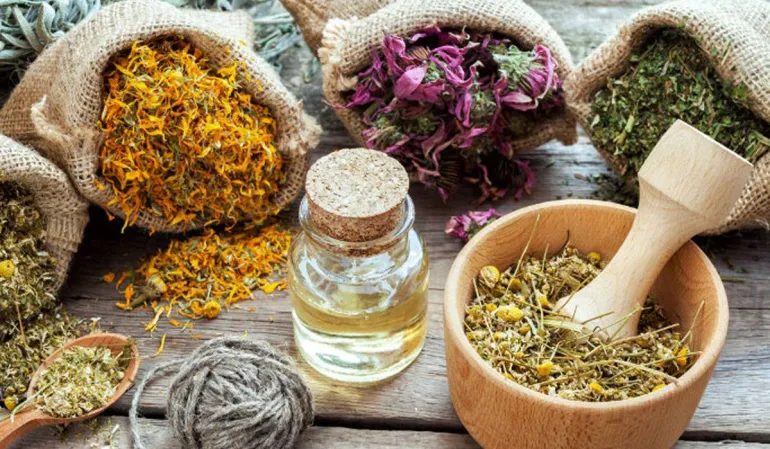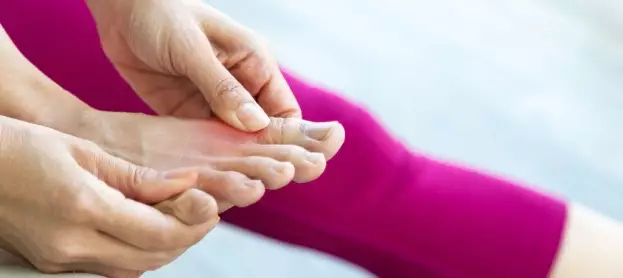Learn More About Muscle Stiffness Treatment and What Drink Relaxes Muscles? Muscle Stiffness Treatment
Muscle Stiffness Treatment
Many people suffer from muscle stiffness, a condition that causes reduced muscle flexibility and affects body movement. If you are experiencing this issue, do not worry; there are several effective ways to treat muscle stiffness. In this article, we will explore some of these methods to help you get rid of this problem and regain smooth body movement.
Rest and Relaxation: One of the most important ways to eliminate muscle stiffness is to give your body the necessary rest and relaxation. You can practice yoga exercises and deep breathing techniques to calm your muscles and improve their flexibility. Traditional methods such as lying on a flat surface and using pillows to reduce pressure on tense muscles can also be applied.
Physical Exercises: Physical exercises are an effective means to get rid of muscle stiffness and enhance muscle flexibility. You can engage in warm-up exercises, stretching exercises, and strength training to strengthen your muscles and improve body movement. It might be best to consult a sports coach to design an exercise program that suits your condition.
Heat and Cold Therapy: Heat and cold therapy can be used to relieve muscle stiffness and increase blood flow to them. You can use hot water bottles wrapped in cloth or a heating pad to apply heat to the affected areas. For cold therapy, you can use ice or ice packs wrapped in a handkerchief to reduce inflammation and alleviate pain.
Muscle Massage: Muscle massage is an effective method to relieve muscle spasms and improve muscle flexibility. You can perform the massage yourself using massage oil or seek the assistance of a professional masseur to apply the appropriate massage techniques.
Physical Therapy: Physical therapy can be a great option for treating muscle stiffness. It uses rehabilitative techniques such as therapeutic exercises, movement therapy, and massage to enhance muscle flexibility and reduce pain.
Medication: In more severe cases, the doctor may recommend taking certain medications to relieve muscle tension and improve your condition. Medication therapy can include pain relievers and neurological treatments.
How long does it take to treat muscle stiffness?
Muscle stiffness is a common condition that affects many people at different stages of their lives, and it can be very painful and bothersome. Many people may experience muscle stiffness due to stress resulting from strenuous physical work, long periods of sitting, or intense sports activities. In this list, we will take a closer look at the recovery period for muscle stiffness and what you can do to get rid of it.
Recovery Period for Muscle Stiffness: It is important to realize that the recovery period for muscle stiffness varies from person to person and depends on the individual’s overall condition and the severity of the pain. Typically, this condition takes a few days to weeks before the muscle returns to its normal state.
Seeking Medical Advice: When you feel muscle stiffness, experience severe pain, and have difficulty moving, you should seek medical advice to properly diagnose the condition and receive appropriate treatment. The doctor may perform tests and x-rays to ensure that there is no other injury.
Self-Treatment: In cases of mild muscle stiffness, you can take some simple measures to alleviate pain and expedite recovery. You can use ice or localized heat to reduce swelling and spasm. You can also engage in some relaxation exercises and stretches to relieve muscle tension.
Medical Treatment: If your muscle stiffness is severe, the doctor may recommend medical treatments to alleviate pain and promote healing. This may include taking certain pain relievers or undergoing physical therapy sessions to strengthen the muscles and improve their flexibility.
Rest and Muscle Care: It is very important to avoid excessively using the affected muscle during the healing period. You may need to refrain from intense physical activities and strong sports for some time to allow the muscle to heal properly.
Consulting a Rehabilitation Specialist: In cases of severe muscle stiffness or if the condition does not improve after a short period of time, it may be best to consult a rehabilitation specialist. The specialist can guide you in the most effective treatment strategies, such as occupational therapy sessions or massage techniques.
Is muscle stiffness dangerous?
Muscle stiffness is a rare disorder that affects the muscles and can be bothersome and sometimes dangerous. If you are experiencing muscle stiffness or suspect that you may be suffering from it, it is important to be aware of some key facts about this disorder. Here are the top 5 things you need to know:
Diagnosis and Symptoms: Symptoms of muscle stiffness typically appear in adolescence and include muscle stiffness and difficulty moving. Patients may experience difficulty walking or even moving parts of their bodies. Muscle stiffness is diagnosed through clinical examination and genetic testing.
Causes: Genetic changes responsible for muscle stiffness are the main cause behind this disorder. Several successive generations may be involved in inheriting the genetic changes associated with this disease.
Treatment: There is no known cure for muscle stiffness to date. However, symptoms can be managed and quality of life can be improved through physical therapy and exercise. Some cases may require medication to enhance movement and reduce spasms.
Psychological and Social Effects: Individuals with muscle stiffness may suffer from psychological and social effects, as they may feel isolated or anxious due to difficulty in moving and communicating. Support from family, friends, and the community can be important in supporting them and improving their overall well-being.
Consulting a Doctor: If you are experiencing symptoms indicative of muscle stiffness, it is important to consult a specialist doctor. The doctor will be able to assess your condition and provide appropriate guidance and treatment.
In conclusion, it is important to know that muscle stiffness may be uncommon and bothersome, but it is not necessarily dangerous. If you are experiencing symptoms such as muscle stiffness or any other disorder, it is important not to hesitate to consult a specialist doctor to receive the proper diagnosis and treatment.
What are the symptoms of muscle stiffness?
Muscle stiffness is considered a chronic medical condition that affects the ability to move and respond muscle-wise normally. This condition results from muscle stiffness or contraction, causing difficulty in movement and affecting daily life. Here are some common symptoms of muscle stiffness:
Difficulty in control and movement: Muscle contraction and difficulty in the ability to control and complete movement correctly are observed. It may be impossible to fully open the fingers, or movement may be restricted in a specific joint. Muscle rigidity: This occurs when scar or fibrous tissue forms in the muscles, affecting their flexibility and movement. This can make the muscles appear stiffer and more tense. Muscle weakness: Muscles affected by muscle stiffness are very sensitive, leading to severe weakness. Muscle strength may be weak, and it may be difficult to lift objects or use the upper or lower limbs. Muscle paralysis: In advanced cases of muscle stiffness, total muscle paralysis can occur, meaning a loss of the ability to move and use the muscles completely. Respiratory problems: Muscle stiffness can affect the respiratory muscles, making them weak and causing difficulty in breathing. The person may need to use a breathing machine or assistive breathing devices. Mental problems: Some people with muscle stiffness may suffer from mental problems such as depression or psychological stress due to the restrictions imposed on their daily lives.
What is the drink that relaxes the muscles?
If you are looking for a drink that helps relax and relieve muscle tension, you may be interested in a drink rich in magnesium. Magnesium is an essential mineral for many vital bodily functions, including muscle and nerve health. An appropriate way to intake magnesium is to obtain it from food, but sometimes it may be difficult to get the right amount of this mineral from the diet alone.
Fortunately, there are some favorite drinks that can be rich in magnesium and help soothe the muscles. Among these drinks, orange juice stands out as a great source of magnesium. It contains a good amount of this vital mineral, contributing to maintaining muscle health and relieving spasms and tension.
In addition, green tea, chamomile tea, lavender tea, and kefir are other drinks that contribute to muscle relaxation. These teas also contain magnesium in addition to other compounds that work to calm the body and mind.
It is worth mentioning that consuming enough water is also important for muscle health. Water helps to replenish and hydrate cells, including muscle cells, and enhances the muscles’ ability to relax and move efficiently.
Whether you choose to rely on orange juice, drink green tea, or a bottle of water, these drinks are beneficial for the muscles and may help soothe and relax the body. If you are suffering from tension or muscle strain, an additional dose of magnesium through drinks that contain it may be particularly beneficial. You can often find these drinks in supermarkets or health food stores, to enjoy moments of relaxation and calmness for the body and mind.
How long does muscle recovery take?
There are many factors that affect the duration of muscle recovery after an injury or strenuous physical activity. Typically, the recovery period depends on the degree of the injury, the type of affected muscle, as well as the individual’s healthy lifestyle and nutrition.
In the case of a minor injury, such as a muscle strain or slight muscle fatigue, recovery may take between two to three weeks. In this case, it is advisable to apply cold compresses to reduce swelling and pain, and to rest and avoid strenuous efforts.
As for more serious injuries, such as a muscle tear, the recovery period may take weeks or even months, depending on the size and severity of the tear. In this case, recovery may require consultation with a specialist doctor and an intensive physical therapy program, in addition to complete rest and avoiding all harsh movements and pressure.
It is also important to consider lifestyle factors in the recovery period. Regular exercise, eating a balanced diet rich in protein and vitamins, getting enough sleep, and avoiding physical and mental stress contribute to enhancing the recovery process.
In conclusion, the muscle recovery period varies depending on the type and severity of the injury, and is also attributed to the general healthy lifestyle. Obtaining appropriate medical consultation and following a suitable treatment program contribute to speeding up the recovery process and reducing the likelihood of complications.
Does stress cause muscle stiffness?
Psychological and emotional stress is a common health issue in our modern era. Among the symptoms associated with stress, muscle weakness and stiffness can occur in some parts of the body, such as the neck, shoulders, and back.
Does stress cause muscle stiffness? The answer here is yes, as stress affects the muscular system, causing abnormal contraction and movement of the muscles. This happens due to the physical reactions to psychological and emotional stress.
When a person is stressed, the levels of stress hormones in the body, such as adrenaline and cortisol, increase. These hormones affect the muscular systems, increasing tension and spasm in them. Consequently, contraction and spasm can occur in the affected muscles.
Other factors contributing to stress-induced muscle stiffness include insufficient movement, poor body postures, and weak physical conditioning. When muscles are exhausted and fatigued due to stress, it becomes difficult for them to exit the state of tension and contraction caused by stress.
To alleviate muscle stiffness resulting from stress, some tips can be followed. Regular practice of relaxation exercises and breathing techniques can help relieve psychological and muscular stress. Muscle massage therapy can also be beneficial.
In general, the main cause of stress should be addressed to reduce its impact on the muscles. If you regularly feel stressed and suffer from muscle stiffness, it is recommended to consult a specialist doctor for an evaluation and guidance to the appropriate treatment.
It may be difficult to avoid all forms of stress in our lives, but by adopting a healthy lifestyle and effectively managing stress, we can reduce its impact on our muscles and maintain our overall health.
How do I know if I have muscle inflammation?
If you are experiencing pain in your muscles and having difficulty moving them, you may be suffering from muscle inflammation. Muscle inflammation can occur due to excessive strain on them, whether due to intense physical exercise or due to repetitive movements in your daily work. Muscle inflammation may present symptoms such as severe pain, a feeling of cramping, and swelling around the affected muscle.
But how can you specifically know if you have muscle inflammation? The most common way to detect it is through a medical examination. Doctors can assess your condition and examine the affected muscles by pressing on and moving them to check for any tangible muscular signs. Doctors may also recommend additional tests such as blood tests or X-rays to ensure an accurate diagnosis.
It is important to take care of yourself and follow some guidelines if you think you have muscle inflammation. Some simple measures may help alleviate the pain and speed up the recovery process, such as:
Rest: You should give your muscles the chance to heal. Try to avoid painful activities and excess strain on the affected muscles. Cold application: Ice or cold packs can be used to relieve pain and swelling. They should be applied to the affected muscles for 15-20 minutes several times a day. Stretching exercises: Some simple exercises may help improve muscle flexibility and relieve pain. Consult with a qualified sports coach to find out the appropriate exercises for your condition. Using painkillers: In some cases, doctors use pain relievers to alleviate the pain associated with muscle inflammation. Do not hesitate to consult a doctor before taking any medication.
What is the herbal treatment for muscle stiffness?
If you are suffering from muscle stiffness, herbs may be the ideal remedy to alleviate symptoms and improve the overall condition of the muscles. Herbal treatment for muscle stiffness is a natural and effective way that targets relieving muscle tension and spasms, and helps restore normal movement and flexibility.
Here are some herbs that can be used to treat muscle stiffness:
Argan: Contains active compounds that contribute to relieving muscle spasms and improving blood flow to tense muscles. Pot marigold (Calendula): Has analgesic and anti-inflammatory properties, which promote muscular healing and reduce congestion. Cinnamon: Contains cinnamaldehyde, which acts as a pain reliever and helps reduce inflammation. Ginger: Helps improve blood flow to tense muscles and acts as a pain reliever. Lavender: Works to soothe tense muscles, relieve nervous tension, and reduce muscle inflammation.
To maximize the benefits of these herbs, you can use them in the form of creams or essential oils. It is recommended to gently massage the affected area with these herbs to improve blood circulation and relieve pain and tension in the muscles. You can also try aromatic baths using these herbs for relaxation and muscle soothing.
In addition to using the mentioned herbs, you should also pay special attention to your overall condition. An important aspect in relieving muscle stiffness is practicing stretching exercises and ensuring that your body is comfortable environmentally. You should also ensure to get enough rest, good sleep, and balanced nutrition. Muscle inflammation and tension can be linked to a deficiency in certain nutrients, so you may need to enhance your diet with important vitamins and minerals for muscle health.
When to Consider Muscle Pain Serious?
When a person experiences muscle pain, they may feel discomfort and tension in their body. Although muscle pain is common, usually temporary, and generally not serious, there are certain situations that require attention. The following factors are important to consider when determining if muscle pain is serious:
Duration of Pain: If the pain persists for an extended period and does not improve significantly within a few days to a week, it could be a sign of a tear or serious injury that may require a doctor’s visit.
Severity of Pain: If the pain is severe and prevents you from performing daily activities normally, it may be an indication of a chronic issue that requires immediate medical attention.
Swelling and Redness: If the affected muscle is swollen and red, this could be a sign of severe muscle inflammation or an injury that needs immediate attention.
High Fever: If your body temperature is abnormally high, it could be a sign of an infection in the body, and the muscle pain could be part of this infection.
Accompanying Symptoms: If you have other symptoms accompanying the muscle pain, such as difficulty breathing, chest tightness, or weakness in other muscles, this could be a sign of a more serious health issue, and you should consult a doctor immediately.
Doctor for Treating Muscle Tear in the Thigh
If you are suffering from a muscle tear in the thigh, you may need to consult a specialist doctor in this field, such as Dr. Amr Amal. Dr. Amr Amal is one of the distinguished doctors specializing in the treatment of muscle tears in the thigh.
Dr. Amr Amal possesses strong qualifications and extensive experience in this field, with the necessary knowledge to accurately diagnose and treat muscle tears effectively. He uses the latest medical techniques and modern medical methods to relieve pain and promote the healing process.
After carefully assessing your condition, Dr. Amr Amal will guide you to appropriate treatment targeting the healing of your thigh muscle tear. Treatment may include exercises to strengthen the affected muscle, physical therapy sessions, special massage techniques, and in some cases, surgical treatment may be recommended.
Dr. Amr Amal’s clinic provides personalized and attentive treatment experience. The doctor aims to improve your daily life and restore your ability to perform your usual activities without pain or tension. He also provides necessary advice and guidance for self-care and prevention of future muscle injuries.
To benefit from Dr. Amr Amal’s services for treating a muscle tear in the thigh, you can contact the clinic to schedule a consultation appointment. Do not let pain affect the quality of your life; take care of yourself and seek the appropriate help for diagnosis and treatment with Dr. Amr Amal.
